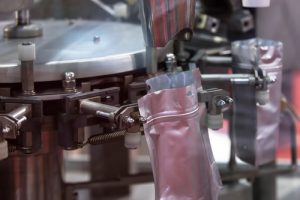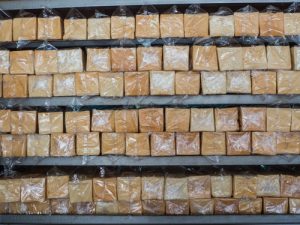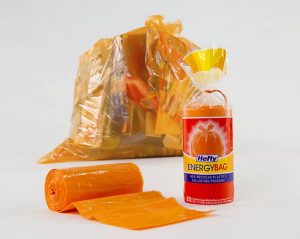 Composite decking manufacturer Trex saw significant boosts in sales last year, in part due to China’s impacts on recovered PE markets.
Composite decking manufacturer Trex saw significant boosts in sales last year, in part due to China’s impacts on recovered PE markets.

 Composite decking manufacturer Trex saw significant boosts in sales last year, in part due to China’s impacts on recovered PE markets.
Composite decking manufacturer Trex saw significant boosts in sales last year, in part due to China’s impacts on recovered PE markets.
This story originally appeared in the August 2016 issue of Plastics Recycling Update.
Subscribe today for access to all print content.
 Prices for post-consumer PET and HDPE containers have remained relatively steady lately, though film values have declined.
Prices for post-consumer PET and HDPE containers have remained relatively steady lately, though film values have declined.
 Over the past month, recovered PET and film values have fallen, but HDPE grades have seen slight increases.
Over the past month, recovered PET and film values have fallen, but HDPE grades have seen slight increases.

Credit: MOLPIX/Shutterstock
The Ellen MacArthur Foundation recently honored a team at the University of Pittsburgh and an R&D company called Aronax Technologies Spain for their work improving the mechanical recyclability of flexible packaging for food.
 Lower prices for recovered polyethylene films have helped drive higher profits for composite lumber product manufacturer Trex.
Lower prices for recovered polyethylene films have helped drive higher profits for composite lumber product manufacturer Trex.
 Great potential exists for increased film recovery in North America, where the residential film recovery rate sits at about 4 percent. Experts have identified key sectors that would be effective targets for coordinated investment.
Great potential exists for increased film recovery in North America, where the residential film recovery rate sits at about 4 percent. Experts have identified key sectors that would be effective targets for coordinated investment.
 Anti-incineration activists are criticizing an industry program that diverts traditionally non-recycled plastics away from landfill and into energy-recovery facilities. In response, project backer Dow Chemical Co. has defended the program’s utility.
Anti-incineration activists are criticizing an industry program that diverts traditionally non-recycled plastics away from landfill and into energy-recovery facilities. In response, project backer Dow Chemical Co. has defended the program’s utility.
A polymer modifier technology was used compatibilize different resins in multilayer packaging so they could be recycled into new garbage bags. Those bags were then used by volunteers to clean plastics from coastlines.
